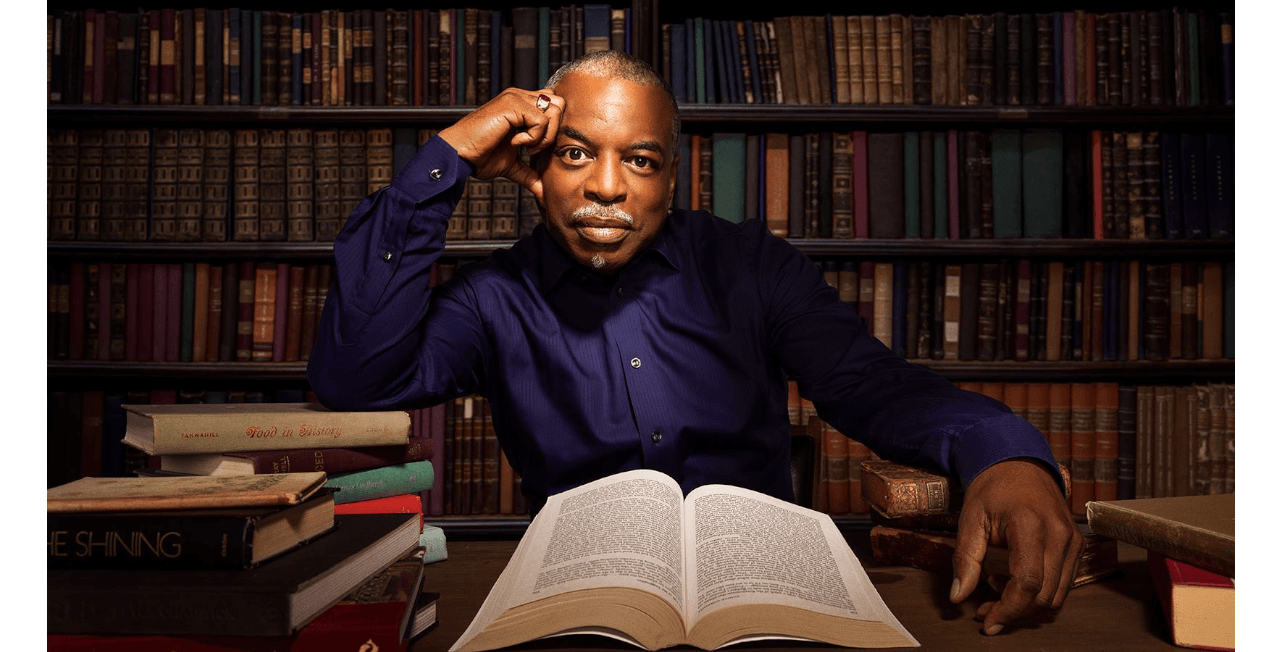Literature has always played a significant role in shaping society, and American literary classics are no exception. With their timeless themes and characters that resonate with readers across generations, these works continue to influence contemporary culture in profound ways. From Hollywood movies to social media trends, the impact of American literary classics is undeniable. In this blog post, we will take an in-depth look at how these beloved stories have shaped modern society and explore why they remain relevant today. So sit back, grab your favorite novel or poetry collection, and let’s dive into the fascinating world of American literary classics!
Background
American literary classics have a rich and storied history, dating back to the colonial era when writers such as William Bradford and Anne Bradstreet chronicled their experiences in the New World. As time went on, American literature evolved to reflect changing cultural, social, and political landscapes.
The 19th century was a particularly fruitful period for American literature, with authors like Edgar Allan Poe, Nathaniel Hawthorne, and Herman Melville producing enduring works that continue to captivate readers today. This period also saw the rise of popular forms of literature such as dime novels and pulp fiction.
In the 20th century, American literature continued to flourish with writers like Ernest Hemingway, F. Scott Fitzgerald, Toni Morrison, and Maya Angelou pushing boundaries with their unique styles and perspectives. The Civil Rights Movement also sparked a wave of socially conscious writing that addressed issues such as race relations in America.
Today’s literary landscape is equally diverse and vibrant with contemporary authors like Ta-Nehisi Coates tackling important topics such as racial injustice through their work. Despite these changes over time however one thing remains constant: American literary classics are an integral part of our culture that continues to shape our understanding of ourselves and others in profound ways
Literary Classics and Contemporary Culture
Literary classics are known for their timeless appeal and cultural significance. They are works of literature that have stood the test of time, transcending generations and cultures. Despite being written decades or even centuries ago, literary classics continue to influence contemporary culture in various ways.
One way in which literary classics impact contemporary culture is through their themes and messages. Many classic novels deal with universal themes such as love, loss, identity, and human nature. These themes resonate with readers across different generations and cultures and inspire them to reflect on their own lives.
Moreover, literary classics often serve as a source of inspiration for modern-day writers, filmmakers, artists, and musicians. Contemporary adaptations of classic novels like Jane Austen’s Pride and Prejudice or Emily Bronte’s Wuthering Heights are popular among audiences today as they offer a fresh take on beloved stories while still honoring the original work.
Studying literary classics can also provide insight into historical periods or social issues that may remain relevant today. Classic texts can reveal how societal norms have changed over time or how people from different backgrounds were treated in the past.
It is clear that literary classics play an important role in shaping contemporary culture by providing timeless themes that resonate with audiences today while also inspiring modern-day creators to adapt these works for new audiences.
The Importance of Literary Classics in Contemporary Society
Literary classics have always played a vital role in shaping the cultural and intellectual landscape of society. These works of literature, written by some of the most talented writers in history, have stood the test of time and continue to impact contemporary culture.
One reason why literary classics are so important is that they offer readers an opportunity to understand different cultures and historical periods. For example, reading ‘To Kill a Mockingbird’ can help us understand the racial tensions prevalent during the civil rights movement in America. Similarly, Jane Austen’s ‘Pride and Prejudice’ sheds light on societal norms during 19th-century England.
Moreover, literary classics also serve as a source of inspiration for contemporary artists across various mediums such as music, film, and television. Many popular shows like ‘Game of Thrones’ draw inspiration from medieval epics like ‘Beowulf.’
Additionally, reading these books helps individuals develop critical thinking skills which play an essential role in navigating complex issues present in contemporary society.
It’s worth noting that literary classics provide readers with emotional connections to characters whose struggles transcend time. This emotional connection has led many people to find solace or escape through fiction during tough times.
While there may be debates about what constitutes a classic piece of literature; there is no denying their importance in shaping our understanding of history and its impact on contemporary culture.
Critical Reception of Literary Classics in Contemporary Society
In contemporary society, literary classics have faced a mixed critical reception. While some view them as timeless works that speak to the human condition across generations, others see them as outdated relics that fail to reflect the complexities of modern life.
One criticism leveled against literary classics is their lack of diversity and representation. Many canonical works were written by white men and often focus on the experiences of privileged individuals. This has led many to question whether these texts can truly capture the full range of human experience.
Another critique is that literary classics are often difficult for modern readers to relate to. The language and cultural references may be archaic or obscure, making it challenging for contemporary audiences to fully engage with the text.
However, defenders of literary classics argue that they offer unique insights into historical periods and social movements. They also point out that these works continue to resonate with readers precisely because they address universal themes such as love, loss, and identity.
Ultimately, the critical reception of literary classics in contemporary society reveals ongoing debates about what constitutes great literature and how we should approach canon formation in an ever-changing world.
Conclusion
American literary classics have had a significant impact on contemporary culture. They have shaped our understanding of society and helped us to appreciate the complexities of human nature. From Mark Twain’s Huckleberry Finn to J.
D. Salinger’s The Catcher in the Rye, these works continue to resonate with readers today.
Moreover, literary classics remind us of the importance of preserving cultural heritage for future generations. They provide a window into history and allow us to learn from mistakes made in the past.
It is essential that we continue to study and engage with these books, not only for their value as works of art but also for what they can teach us about ourselves and our society. As we move forward into an uncertain future, it is more important than ever that we draw upon the insights provided by American literary classics to navigate change and strive towards a better world.










